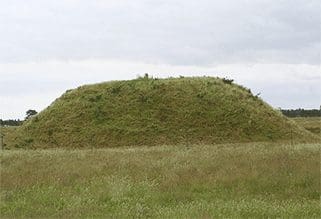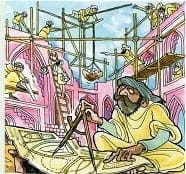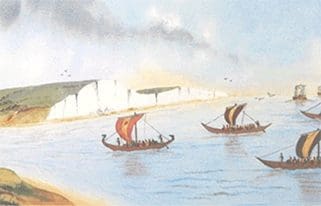
When there is so little non-contact time to lead history, it is crucial that you spend your time wisely. This is easier said than done, when it inevitably means that important jobs just don’t get tackled as quickly as you would like. So what should be your guiding lights when making a decision.
1. Always invest time in getting the big picture right
Long-term planning of the curriculum, ensuring progressive development of history skills and conceptual understanding must always be central to your work. If you don’t ensure that the history curriculum is right and that all the key concepts are developed, you can be pretty sure no-one else will!!
2. Always invest time in working with colleagues
whether it means a one-to-one with the year leader or attending a planning meeting for each year group. Some significant interventions and ideas at this stage are worth hours of monitoring of







